Residential electricity rates have risen significantly across the US, increasing by more than 30 percent on average in just five years, according to recent data. This surge in power bills has had a notable impact on the recent elections, with Democrats successfully linking clean energy to household expenses and using it as a key attack line against Republicans.
In the off-year election held on Tuesday, Democrats made significant gains in several key states, with many attributing their success to their focus on affordability and the rising cost of electricity. According to a post-election analysis, voters in these states overwhelmingly blamed President Donald Trump for the high prices, while also recognizing the role of state and local officials in determining their utility bills.
"I think what we saw in this election is that voters are starting to connect the dots between the cost of electricity and the policies that are driving it," said a Democratic strategist, who wished to remain anonymous. "When we talk about clean energy and reducing our reliance on fossil fuels, it's not just an environmental issue – it's also an economic one. And voters are starting to see that."
The connection between clean energy and household expenses was a key theme in many of the Democratic campaigns, with candidates emphasizing the need for policies that would reduce the cost of electricity and promote the use of renewable energy sources. According to a recent survey, 70 percent of voters in key battleground states said that they were more likely to support a candidate who promised to reduce their electricity bills.
The issue of rising power bills has been a long-standing concern for many Americans, with the average household electricity bill increasing by over $100 in the past five years. This has been driven in part by a shift towards renewable energy sources, which can be more expensive to produce than traditional fossil fuels. However, proponents of clean energy argue that the long-term benefits of transitioning to renewable energy far outweigh the short-term costs.
"We need to be thinking about the future of our energy system, and how we can create a more sustainable and equitable system that benefits all Americans," said a spokesperson for the Sierra Club, a leading environmental advocacy group. "The fact that voters are starting to connect the dots between clean energy and household expenses is a major breakthrough, and we're excited to see where this momentum takes us."
As the US continues to grapple with the challenges of climate change and energy policy, the recent election results suggest that clean energy could become a major winner in the world of politics. With voters increasingly aware of the connection between clean energy and household expenses, politicians of all stripes are likely to be paying close attention to this issue in the years to come.
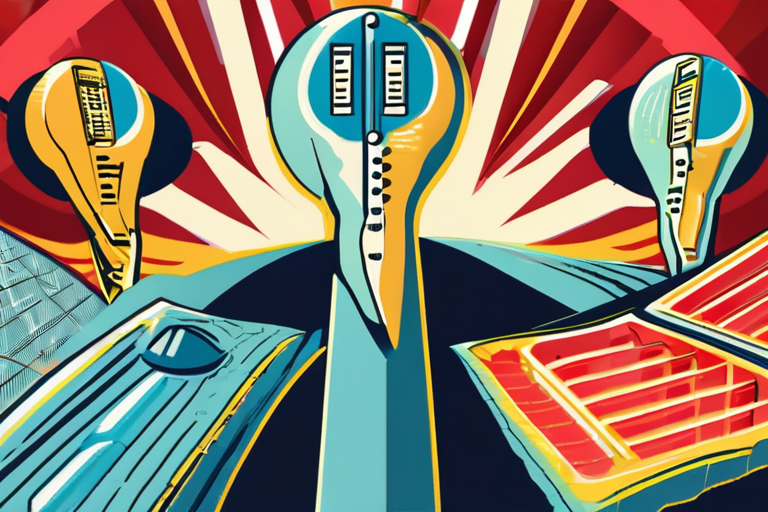



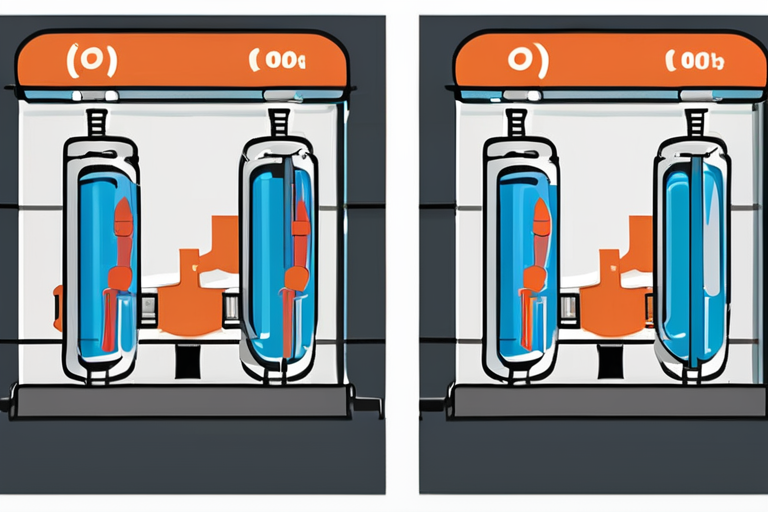
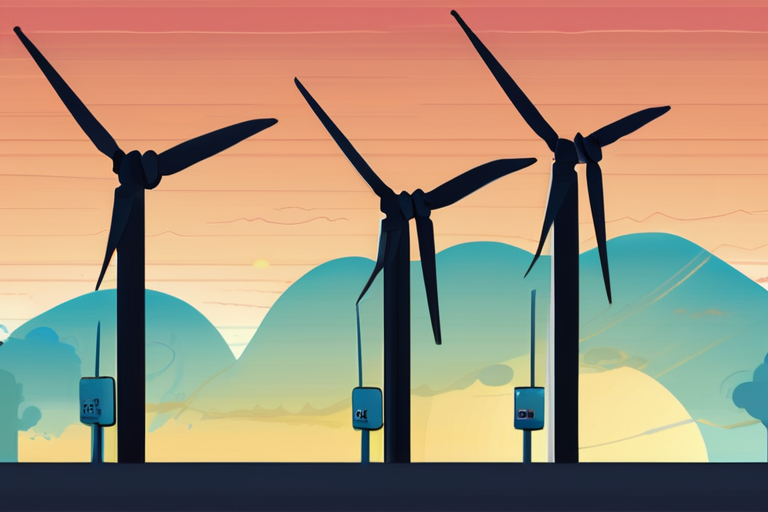


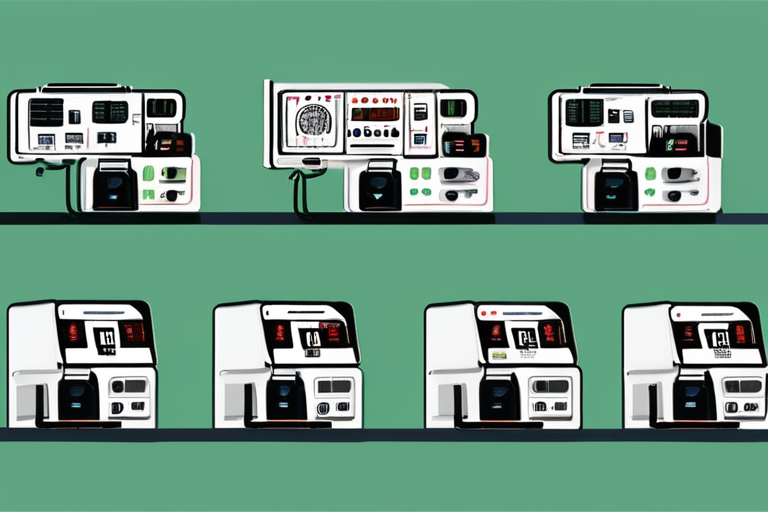
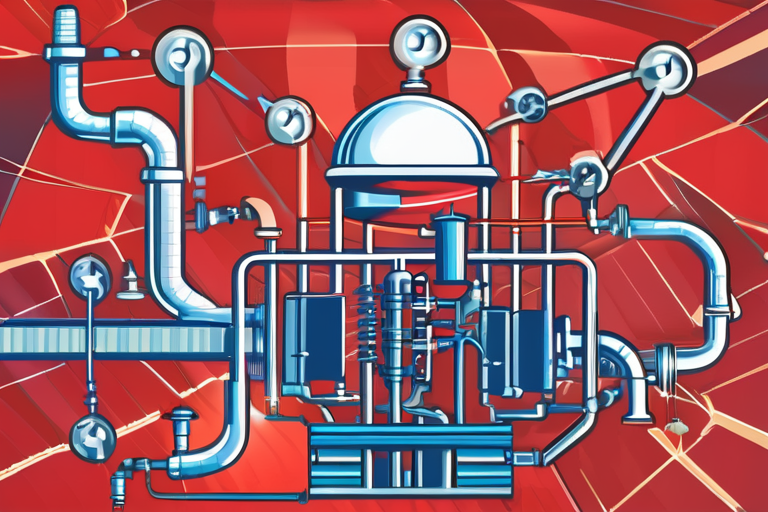
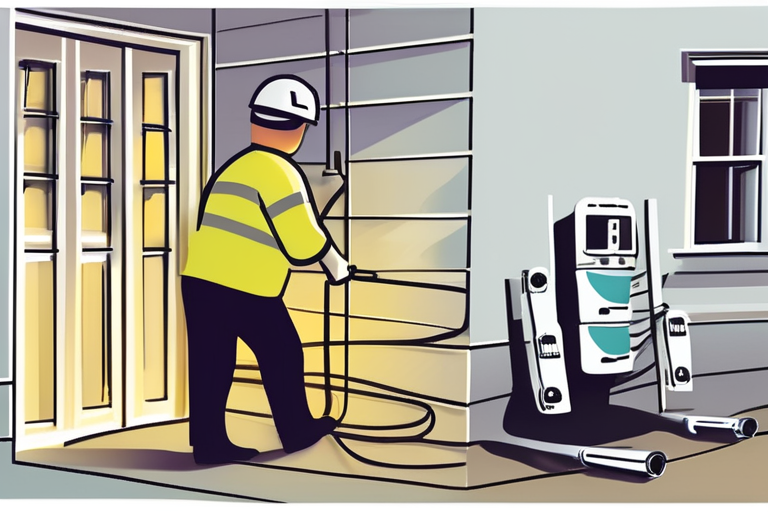
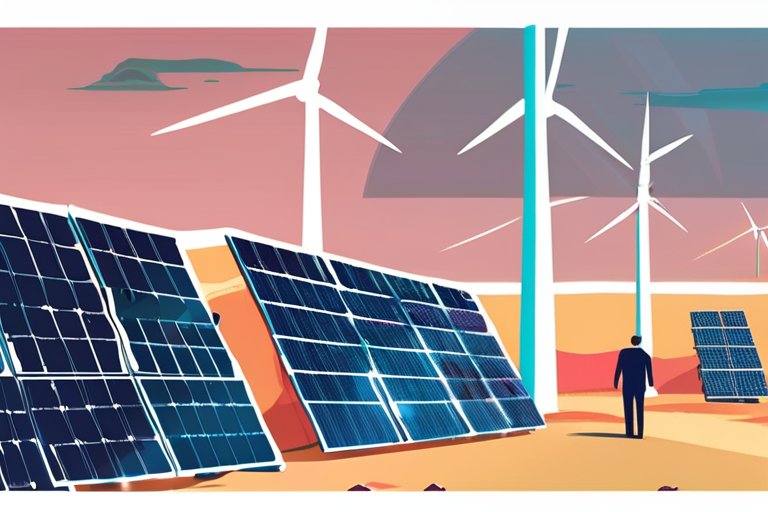
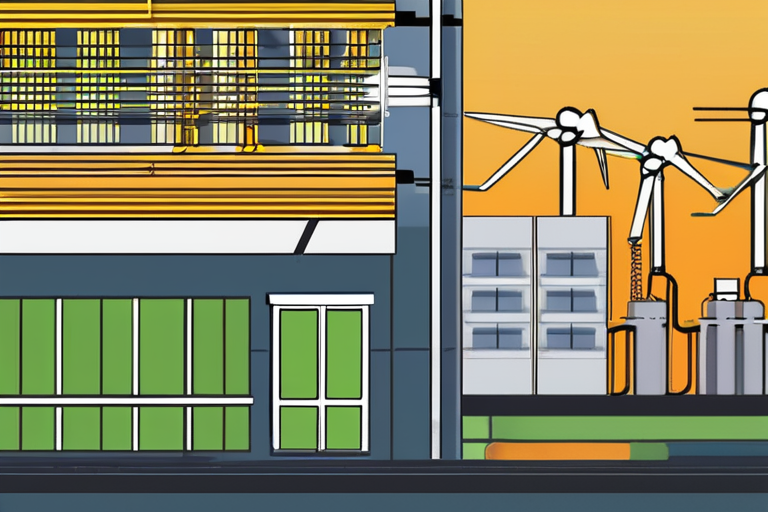
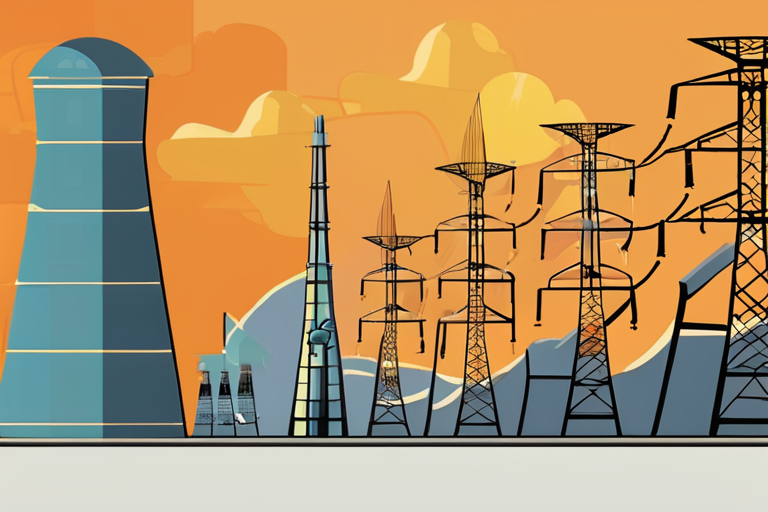
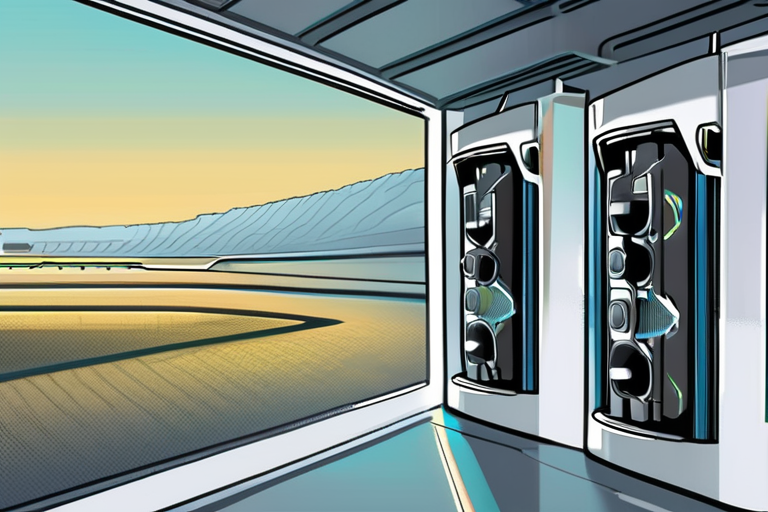
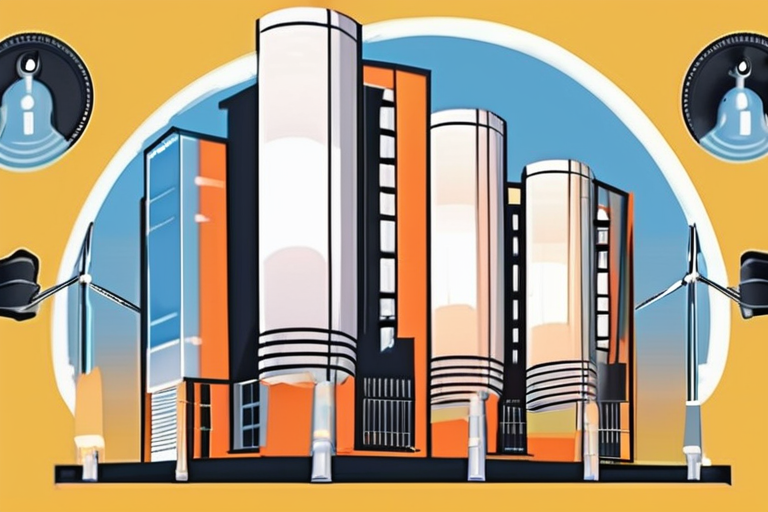
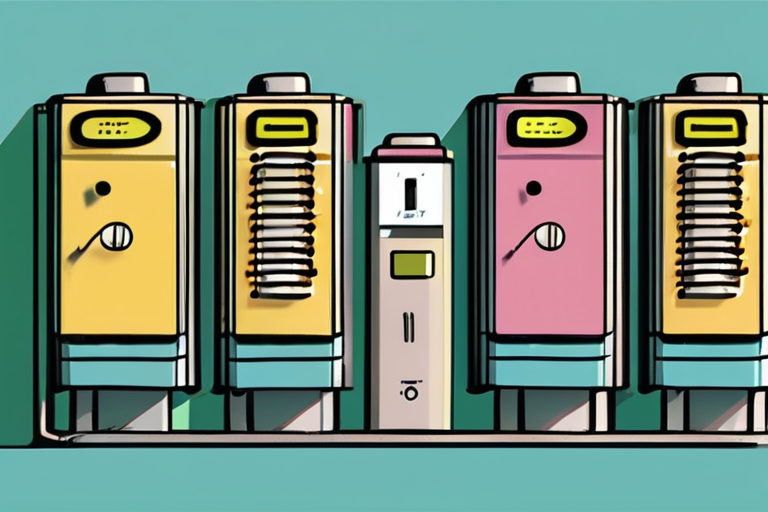

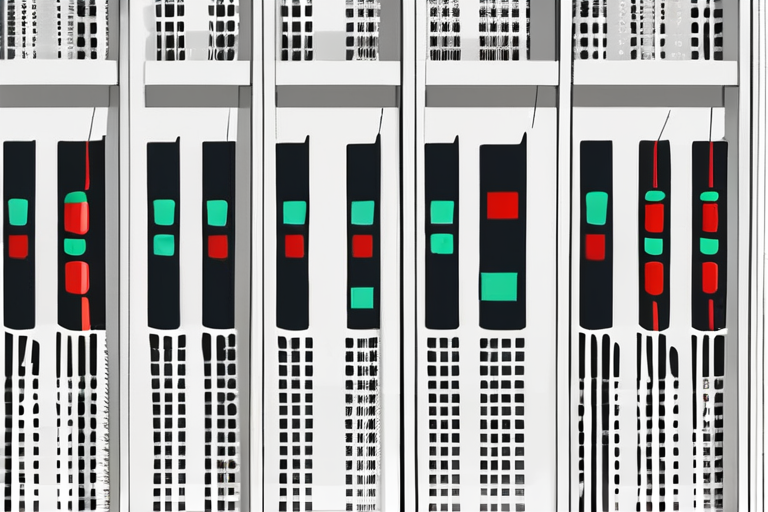
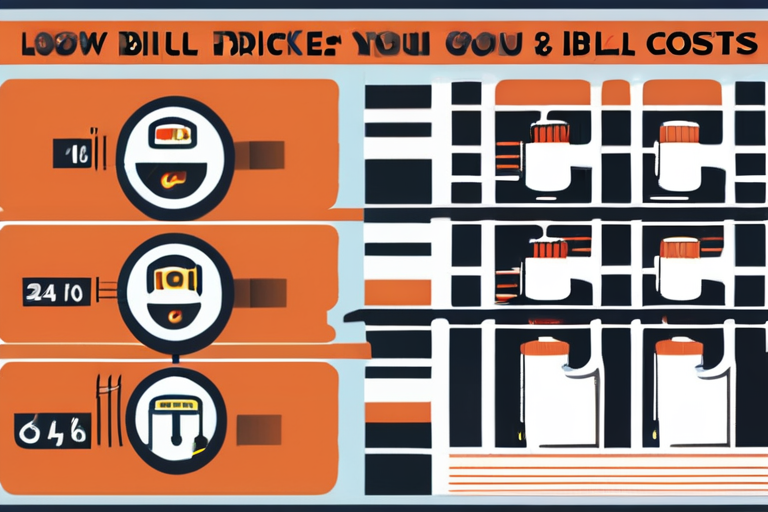

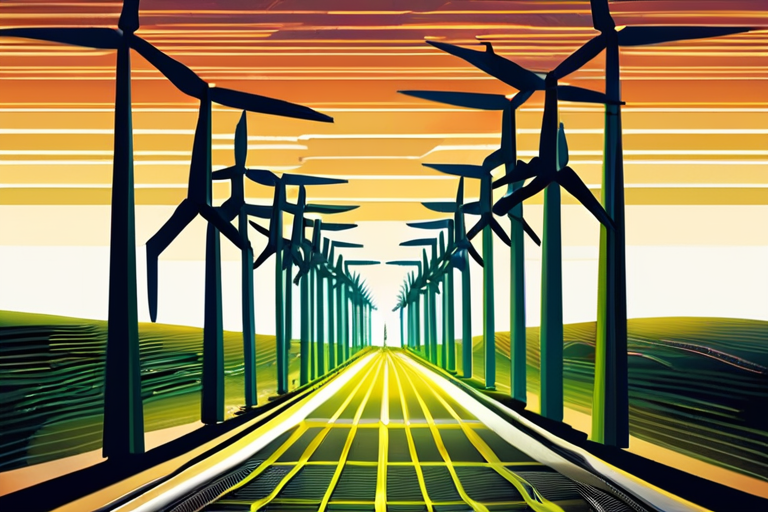

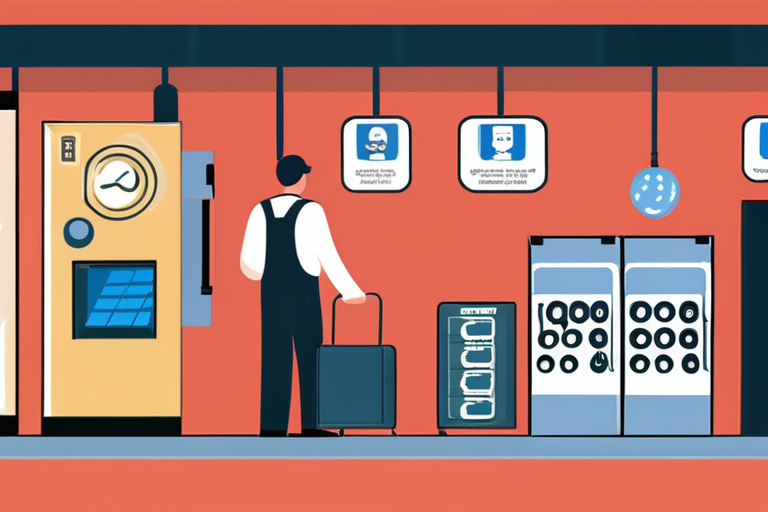

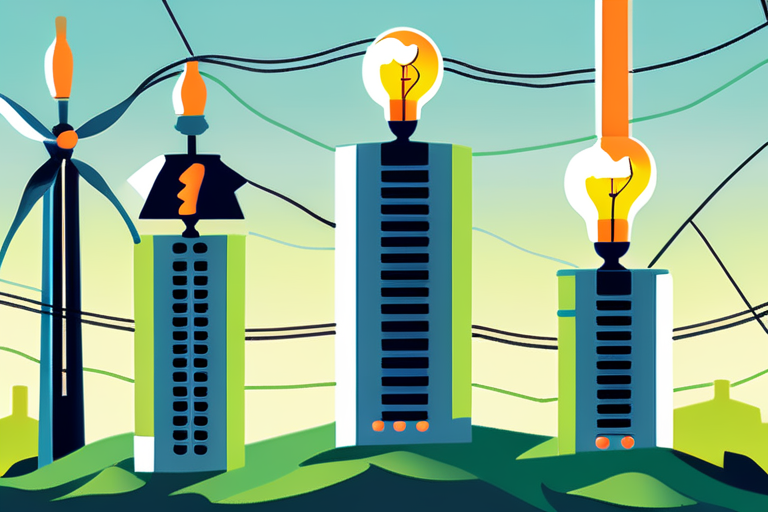

Share & Engage Share
Share this article